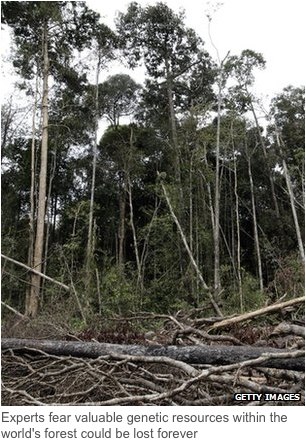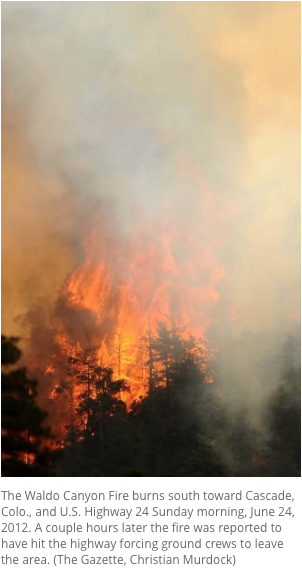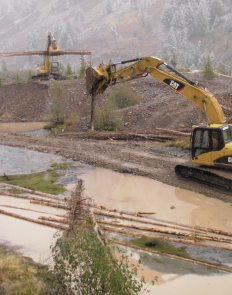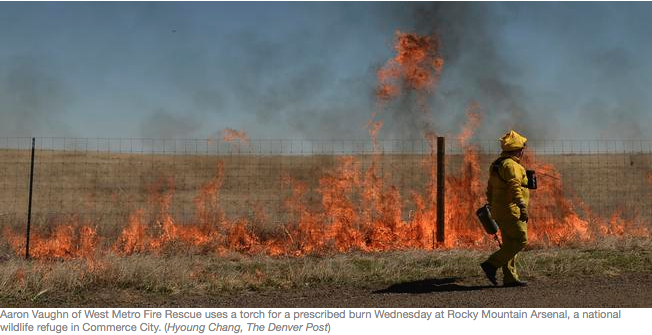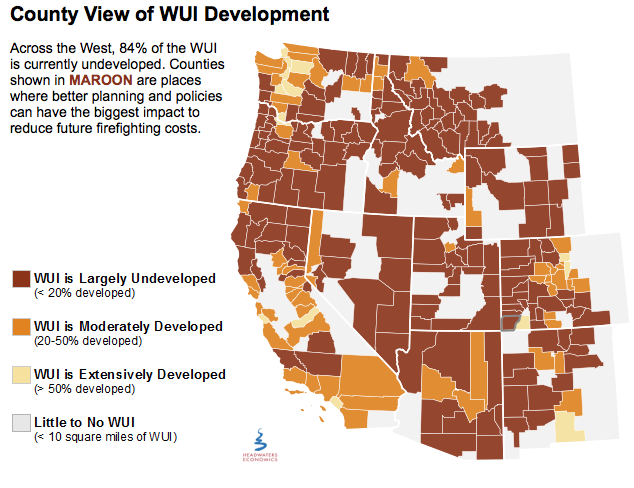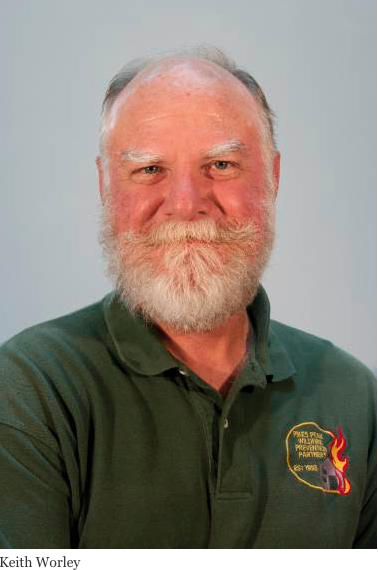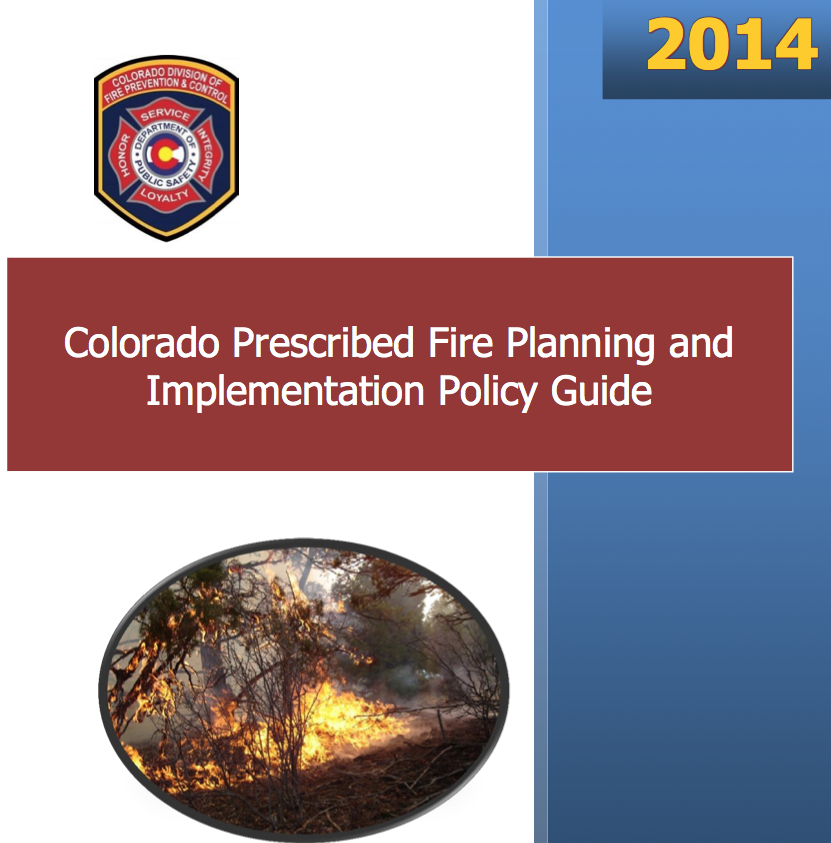The United Nations is calling for action to improve management of the world’s forest genetic resources. Our forest resources are “essential refuges for biodiversity” and provide us with a tremendous number of products and services, including food supplies. Sustainable management is essential for ensuring these products and services continue to be available.
Learn more in the BBC’s article ‘UN urges action to protect forests’ genetic diversity’
